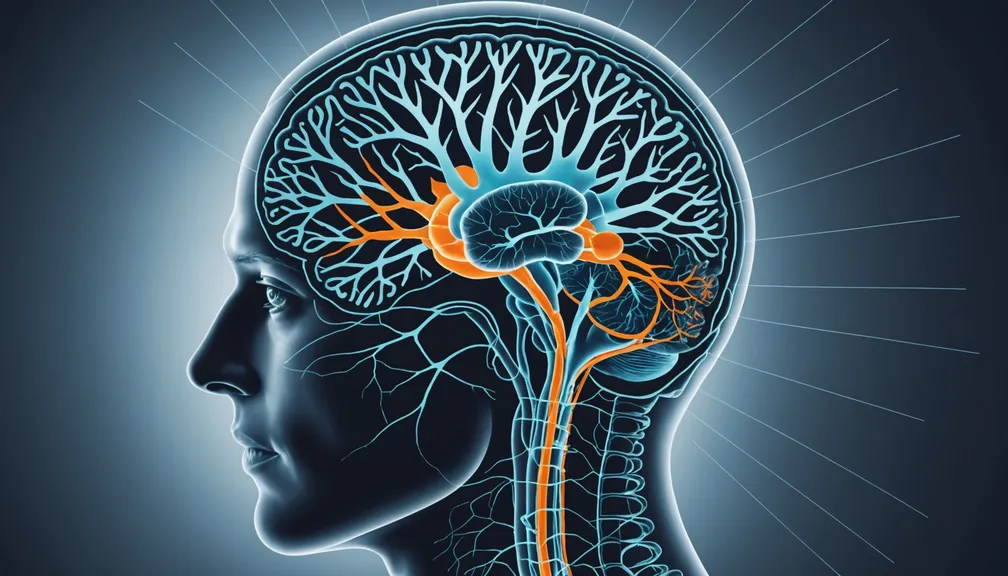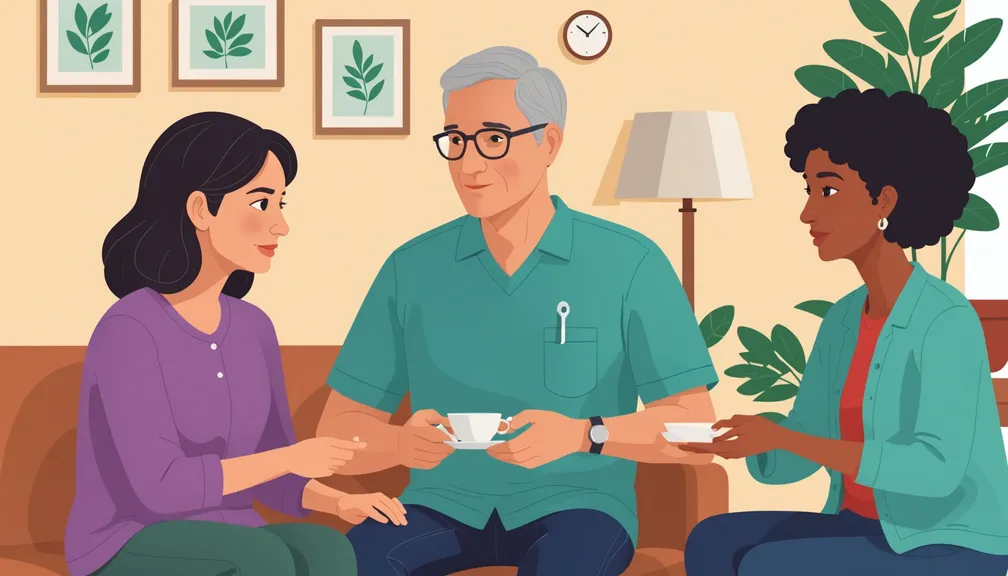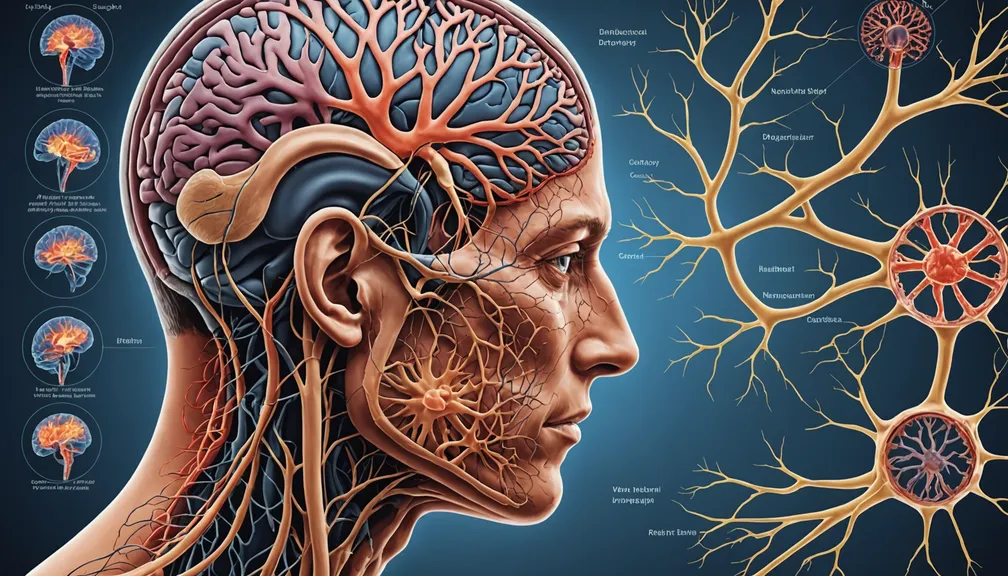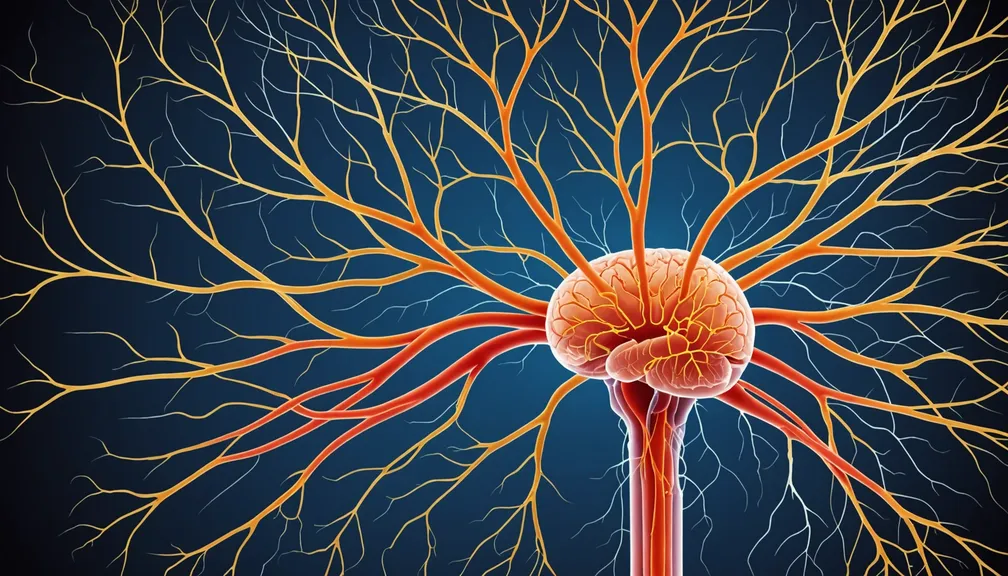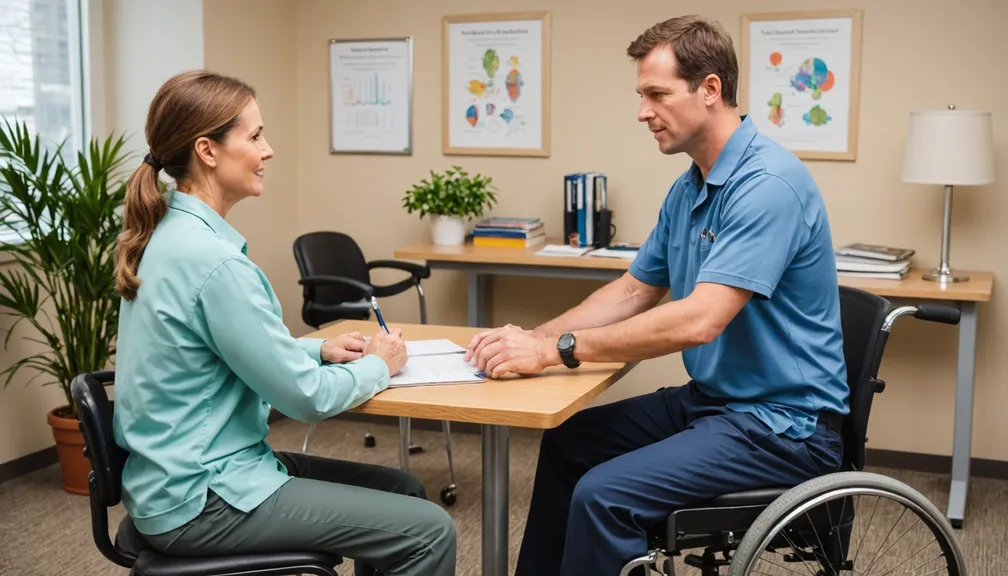Rehabilitation: Physical, Occupational, and Speech Therapies
Rehabilitation plays a crucial role in managing rare neurological disorders. It helps individuals regain independence, improve their quality of life, and adapt to daily challenges. This lesson explores three main types of rehabilitation therapies: physical, occupational, and speech therapy.
Physical Therapy
Goals of Physical Therapy
Physical therapy focuses on restoring movement and function. The main objectives include: - Improving Mobility: Enhancing the ability to move freely and perform daily activities. - Strengthening Muscles: Building muscle strength to support joints and reduce fatigue. - Enhancing Balance and Coordination: Preventing falls and improving overall stability. - Reducing Pain: Alleviating discomfort through various therapeutic techniques.
Common Techniques and Exercises
Physical therapists use a variety of methods tailored to each individual's needs: - Exercise Programs: Customized routines to increase strength, flexibility, and endurance. - Manual Therapy: Hands-on techniques to manipulate muscles and joints. - Electrical Stimulation: Using electrical currents to stimulate muscles and reduce pain. - Aquatic Therapy: Exercising in water to reduce stress on joints and improve movement.
Benefits and Expectations
Engaging in physical therapy can lead to: - Increased muscle strength and flexibility. - Improved posture and balance. - Enhanced ability to perform daily tasks. - Reduced pain and discomfort. - Greater overall independence.
Occupational Therapy
Goals of Occupational Therapy
Occupational therapy aims to help individuals participate fully in everyday activities. Key goals include: - Enhancing Daily Living Skills: Improving abilities needed for self-care, such as dressing and eating. - Promoting Independence: Enabling individuals to perform tasks without assistance. - Adapting Environments: Modifying home or workspaces to better suit individual needs. - Developing Coping Strategies: Teaching techniques to manage physical and cognitive challenges.
Common Techniques and Adaptations
Occupational therapists employ various strategies to support their clients: - Task Modification: Breaking down activities into manageable steps. - Assistive Devices: Recommending tools like grab bars or specialized utensils to aid daily tasks. - Environmental Adjustments: Rearranging spaces to improve accessibility and safety. - Fine Motor Skill Training: Enhancing coordination and dexterity for tasks such as writing or buttoning clothes.
Benefits and Everyday Applications
Occupational therapy can help individuals: - Achieve greater independence in self-care and household tasks. - Adapt to changes in physical or cognitive abilities. - Improve work-related skills and return to employment. - Enhance overall quality of life through meaningful activities.
Speech Therapy
Goals of Speech Therapy
Speech therapy addresses communication and swallowing difficulties. Primary objectives include: - Improving Communication Skills: Enhancing verbal and non-verbal communication abilities. - Enhancing Swallowing Function: Ensuring safe and effective swallowing to prevent complications. - Supporting Cognitive Functions: Assisting with memory, attention, and problem-solving skills.
Communication Techniques
Speech-language pathologists use various methods to boost communication: - Articulation Exercises: Practicing sounds and speech patterns for clearer speech. - Language Therapy: Developing vocabulary, grammar, and conversational skills. - Alternative Communication Tools: Introducing devices or sign language for those with severe speech impairments. - Social Skills Training: Enhancing interactions and relationships through improved communication.
Swallowing and Cognitive Aspects
Speech therapy also focuses on: - Swallowing Techniques: Teaching safe swallowing methods to reduce choking risks. - Cognitive Exercises: Engaging in activities that improve mental functions like memory and attention. - Breathing Techniques: Coordinating breath control with speech and swallowing for better function.
Benefits and Expectations
Through speech therapy, individuals can: - Communicate more effectively and confidently. - Safely swallow food and liquids without discomfort. - Enhance cognitive abilities related to communication. - Participate more fully in social and professional settings.
Multidisciplinary Approach
Importance of Teamwork
Effective rehabilitation often involves a team of healthcare professionals working together to address all aspects of a patient's needs. Collaboration ensures comprehensive care and maximizes the benefits of each therapy.
Coordinating Care
Coordinated care involves: - Regular Communication: Sharing updates and progress among team members. - Personalized Treatment Plans: Creating individualized plans that combine different therapies. - Continuous Assessment: Monitoring progress and adjusting therapies as needed.
Healthcare Professionals Involved
Physical Therapists
Specialize in improving movement and reducing pain through exercise and manual techniques.
Occupational Therapists
Focus on enhancing the ability to perform daily activities and adapting environments to support independence.
Speech-Language Pathologists
Work on communication skills and swallowing functions, helping individuals express themselves effectively.
Additional Specialists
Depending on the condition, other professionals may be involved, such as: - Neurologists: Medical doctors who diagnose and treat neurological disorders. - Psychologists: Provide mental health support and coping strategies. - Rehabilitation Nurses: Assist with medical care and support during the rehabilitation process. - Social Workers: Help connect patients with resources and support systems.
Tips for Maximizing Rehabilitation Success
- Stay Committed: Consistency in attending therapy sessions is key to making progress.
- Set Realistic Goals: Work with your therapy team to establish achievable objectives.
- Communicate Openly: Share your experiences and challenges with your healthcare providers.
- Engage Support Systems: Involve family and friends in your rehabilitation journey for additional support.
- Maintain a Positive Attitude: Staying motivated can significantly impact your recovery and adaptation.
Rehabilitation therapies are integral in managing rare neurological disorders, offering hope and pathways to improved functioning and quality of life. By understanding and actively participating in physical, occupational, and speech therapies, individuals and their loved ones can navigate the challenges of these conditions with greater confidence and resilience.
